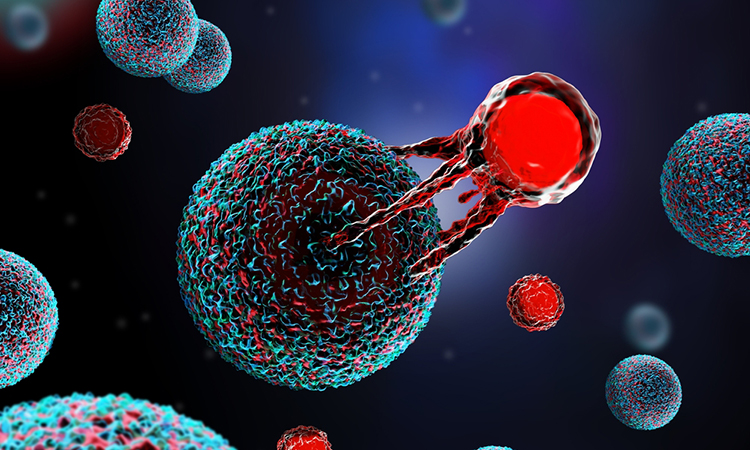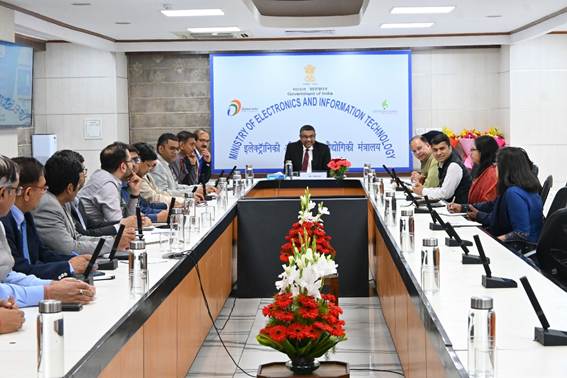A novel CAR-T cell therapy developed by a team of Brazilian researchers has shown promising results in treating a particularly stubborn form of lymphoma—one that affects the lymph nodes, spleen, and bone marrow and is often resistant to existing treatments.
Named HSP-CAR30, the therapy targets the CD30 protein and has successfully completed its initial Phase I trial, becoming the first European CAR-T30 study to reach this milestone. The findings, published in the journal Blood, indicate high efficacy in patients with relapsed or refractory CD30-positive lymphoma.
“The most remarkable aspect is the 100 per cent overall response rate, which is extremely rare in patients who have already undergone multiple lines of treatment,” said Dr. Javier Briones, Head of Hematological Oncology at the Sant Pau Research Institute (IR Sant Pau). “Additionally, 50 per cent of patients achieved complete remission, meaning the disease became undetectable through imaging and clinical assessments.”
One of the standout achievements of the trial is the sustained response among patients. Approximately 60 per cent of those who achieved complete remission remained relapse-free after a median follow-up of 34 months.
“This is crucial,” Briones added, “because it shows that CAR-T cells not only take hold in the body but persist long enough to have a durable, positive impact on the disease. That’s exactly the goal of this type of therapy.”
CAR-T therapies have already proven effective for B-cell leukemias and lymphomas. However, their application in CD30-positive lymphomas has been limited, largely due to poor cell persistence and high relapse rates. HSP-CAR30 appears to overcome those challenges.
The Phase I trial involved ten patients with relapsed or refractory classical Hodgkin lymphoma or CD30-positive T-cell lymphoma. Results showed no dose-limiting toxicities, and CAR30+ cells remained detectable in 60 per cent of evaluable patients even a year after infusion.
The therapy not only demonstrated safety and tolerability but also promoted the expansion of memory T cells—cells that help the body retain long-term immunity—suggesting a long-lasting therapeutic effect.
These findings offer new hope for patients facing limited options, marking a potentially transformative step in the treatment of resistant lymphomas.
-IANS




















